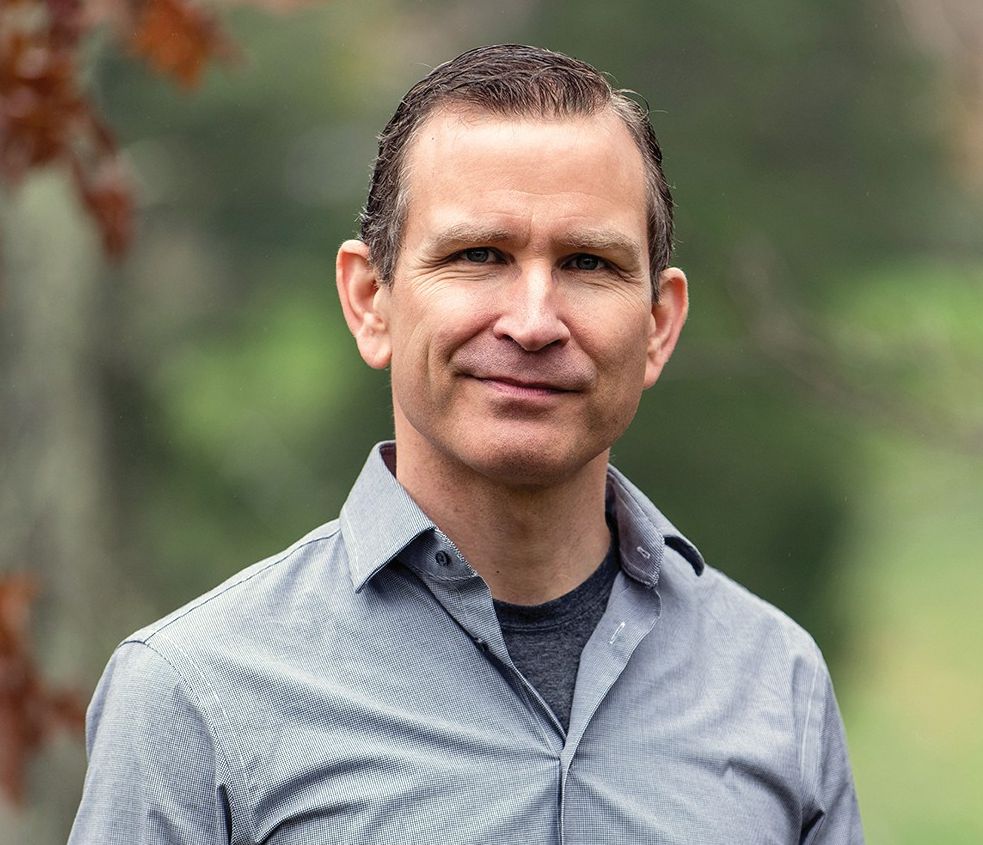Matt Duss, a former advisor to Bernie Sanders, is a leading figure in progressive foreign policy. On this episode of The World Unpacked, Matt lays out a global vision based on solidarity and harm reduction.
Jon Bateman, Matthew Duss
There are no easy solutions in Afghanistan. The conflict is the United States’ longest-running war, and despite the billions of dollars that have been spent in foreign support since 9/11, the Taliban continues to pose a major security threat. Carnegie expert Ashley Tellis discusses the choices facing the White House. (Runtime - 19:39)
As the recent horrific bombings show, there are no easy solutions in Afghanistan. The conflict is the United States’ longest-running war, and despite the billions of dollars that have been spent in foreign support since 9/11, the Taliban continues to pose a major security threat. The White House is in the midst of a review of its Afghanistan policy and will decide later this year whether to increase the number of US troops in the country. Carnegie expert Ashley Tellis has analyzed the issue for many years, and discusses the choices facing the White House with Tom Carver.
Ashley Tellis served as senior adviser to the ambassador at the U.S. Embassy in New Delhi. He also served on the U.S. National Security Council staff as special assistant to President George W. Bush and senior director for strategic planning and Southwest Asia. He is the author of India’s Emerging Nuclear Posture (RAND, 2001) and co-author of Interpreting China’s Grand Strategy: Past, Present, and Future (RAND, 2000). Tellis holds the Carnegie Tata Chair for Strategic Affairs.
Carnegie does not take institutional positions on public policy issues; the views represented herein are those of the author(s) and do not necessarily reflect the views of Carnegie, its staff, or its trustees.
Matt Duss, a former advisor to Bernie Sanders, is a leading figure in progressive foreign policy. On this episode of The World Unpacked, Matt lays out a global vision based on solidarity and harm reduction.


Jon Bateman, Matthew Duss
Oren Cass is driving these debates as one of the most influential conservative thinkers of the Trump era. Cutting against traditional GOP orthodoxy, he has long argued for more tariffs, trade barriers, and worker protections—anticipating and influencing many of Trump’s policies. Oren joined Jon Bateman on The World Unpacked to explore the China shock, AI disruption, and Alexander Hamilton.


Jon Bateman, Oren Cass
The Paveway bomb, invented by Texas Instruments in the 1970s, was the first truly precise munition. It revolutionized America’s air campaign in Vietnam and allowed whole new kinds of “limited” U.S. wars in Libya, Iraq, Serbia, and beyond.


Jon Bateman, Jeffrey E. Stern


Jon Bateman, Bruce Friedrich
Steve Feldstein, a leading expert on technology and warfare, joined Jon Bateman on The World Unpacked to break down these trends. Are drones helping defenders deter aggression, or enabling attackers to slaughter more civilians? Why haven’t we seen full autonomy? And has the U.S. fallen behind in the weapon class that it first pioneered?


Jon Bateman, Steve Feldstein